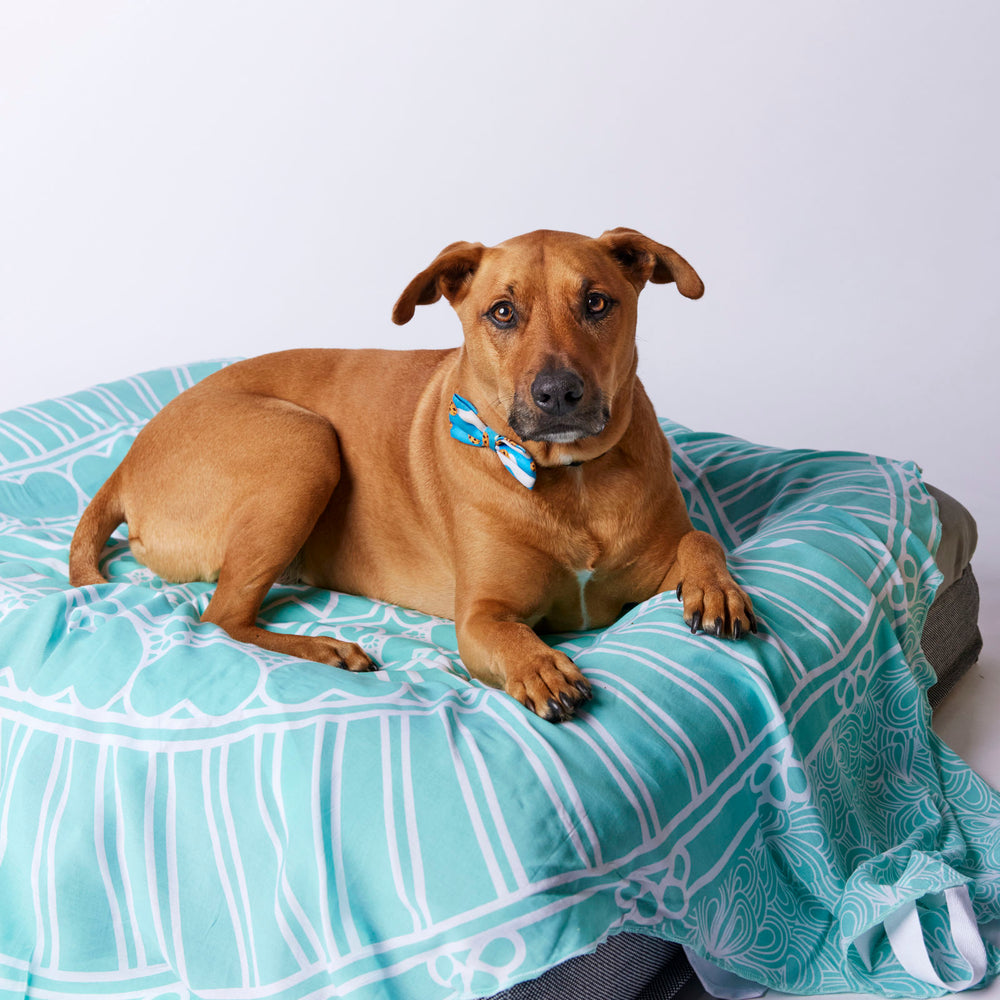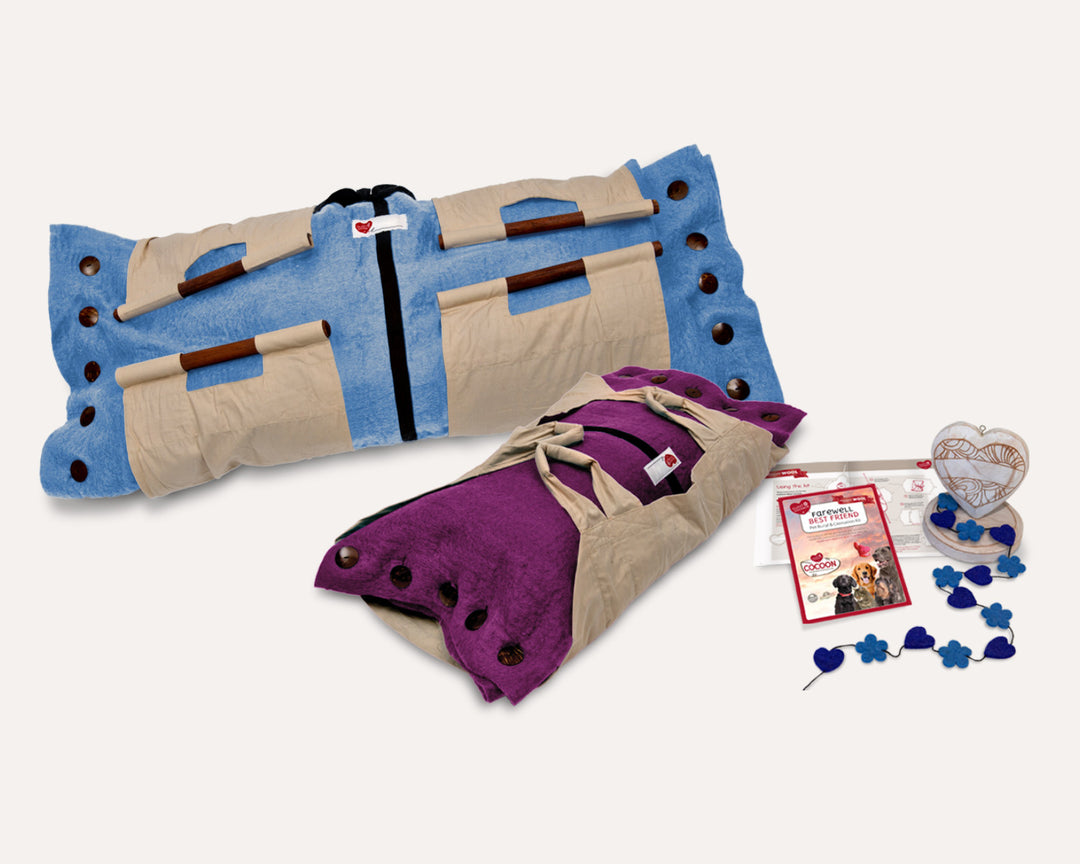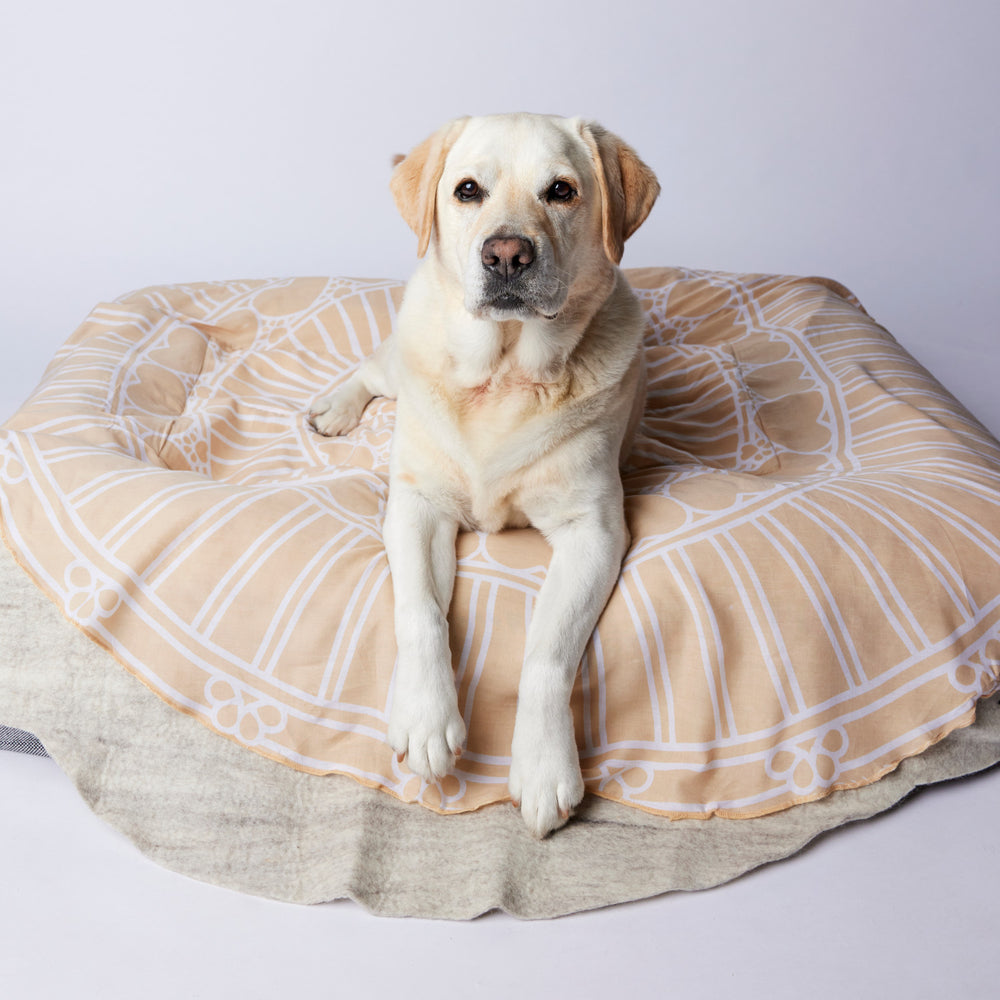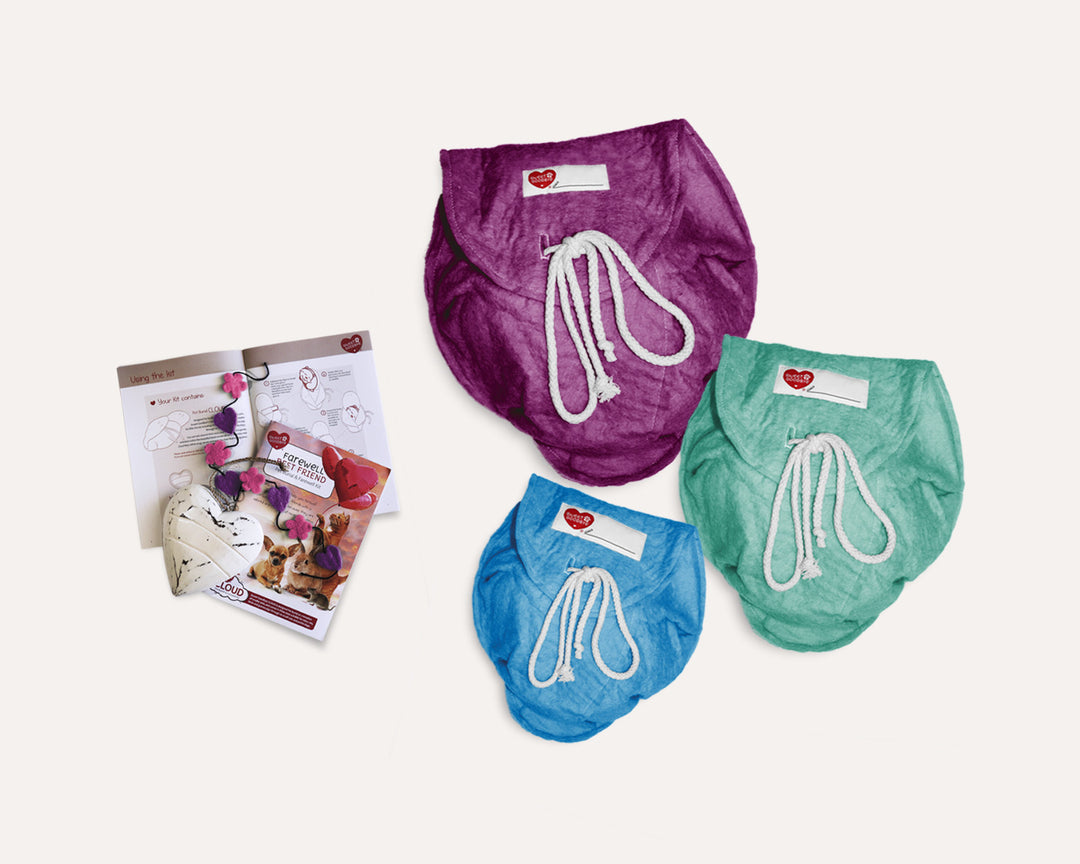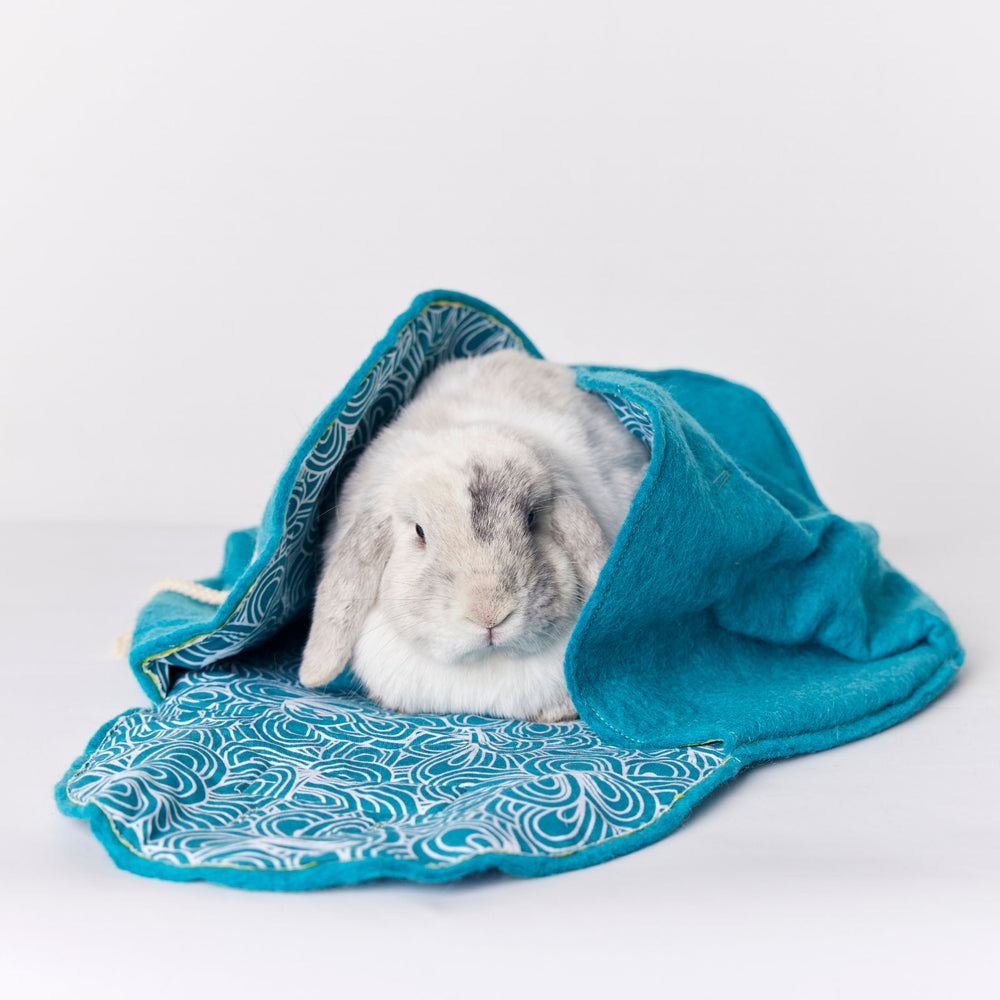Why Is My Cat Losing Weight?

We love to keep our feline friends in purrfect health, so we need to be on the lookout for signs that things may not be as good as they should be. If your cat is losing weight, it is essential that you take action promptly. Early detection and intervention are key to ensuring your cat lives beyond its 9 lives.
Ensure your senior cat's health with our 4 weight loss prevention tips.
Dental Health

Cats are known for hiding pain, so dental issues can go undetected for a long time.
Dental problems can range from tooth decay to gum disease and ulcers, all of which make eating uncomfortable and even painful for your senior cat. Because of this, they avoid eating their food and consequently start to lose weight.
To prevent this, make sure you brush their teeth and provide dental friendly treats or toys and schedule regular dental check up to maintain oral health.
Age-Related Metabolism Changes

Just like us pet parents, as cats age, their metabolism naturally slows down and they don’t need as much food as they did when they were younger. However, if we adjust our senior cats diet too much, they may not get enough calories which may lead to weight loss.
To ensure your senior cat doesn’t over eat, but still gets all the calories they need, we suggest you consult with your vet. They will determine the appropriate diet for your senior pet taking their age, activity level and any health concerns into account.
Stress

Yes, that is right! Cats, in particular senior cats, experience stress and as a result eat less. It doesn’t take much to stress a cat; new people coming into your home, loud noises, not enough litter boxes and many other factors may cause stress in your senior cat.
Dealing with your cat's stress will depend on the situation and your cat. There are many resources available that provide tips on how to recognise and minimise this stress.
Underlying Medical Conditions

Weight loss in senior cats can be a symptom of various underlying medical conditions. Things like thyroid problems, diabetes or even cancer present with weight loss.
If your cat is losing weight but is still eating their regular meals, it is crucial that you visit your vet so they can perform a thorough examination, do blood tests and use other diagnostic procedures to identify any health issues and recommend the most appropriate treatment.
Being familiar with common health issues in senior cats will assist in you identifying symptoms and determining the correct course of action.
Focusing on dental health and diet, maintaining low stress levels and addressing any medical conditions will help your senior cat maintain a healthy weight range and enjoy their golden years.
Remember, your vet is your best ally when it comes to keeping your cat healthy and happy. Reach out to them if you have any concerns about your cat’s weight or general wellbeing.





